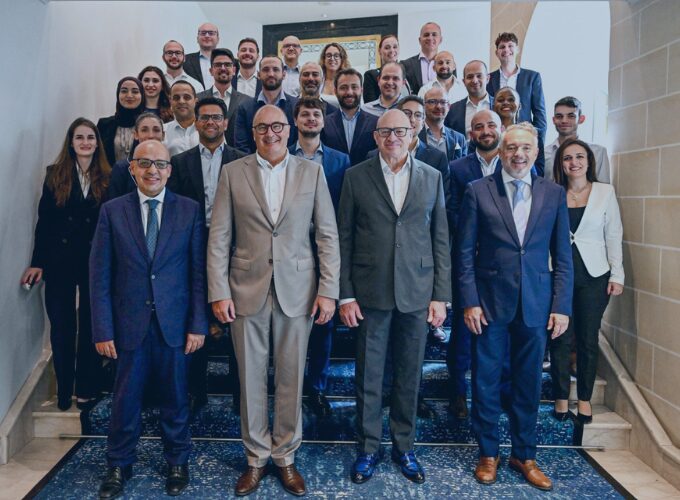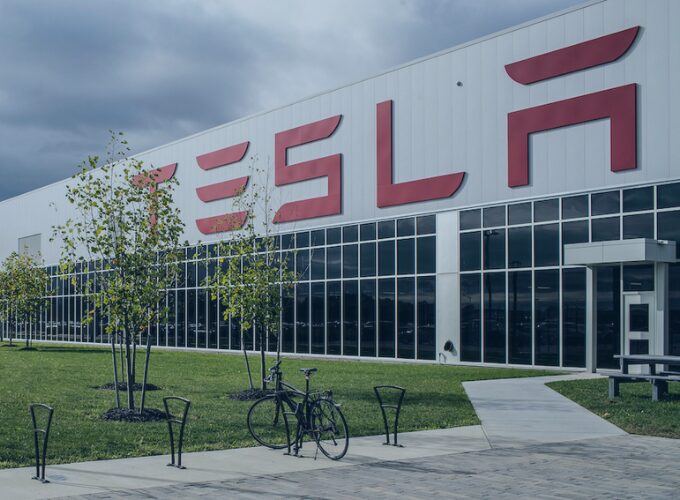Yannick Pace
Gen Z in Malta is entering the workforce with a number in mind: €25,000.
According to a recent survey of nearly 3,000 young people aged 16 to 25 commissioned by FreeHour, two-thirds expect a starting salary at or above that figure. On the face of it, that may sound optimistic. For many businesses, particularly those running on thin margins, it’s a starting salary they can’t afford. In most industries, even professional ones, it’s a figure you might reach after a couple of years, once you’ve proven your worth. But from the perspective of someone trying to move out or pay rent and simply live an independent adult life, it’s not just reasonable. It’s essential.
After all, €25,000 a year is around €2,000 a month before tax – not exactly lavish, especially in today’s economy. And yet, that figure is already higher than what most Maltese under-25s are earning. The median wage in that age bracket is closer to €18,500. If Gen Z’s expectations became the new baseline, the labour market would tilt. Fast.
But here’s the twist: they’re still right
In fact, Gen Z might be the first generation in decades to be completely clear-eyed about what they want from work. And why wouldn’t they be? They’ve grown up in crisis. They’ve seen inflation eat away at salaries, housing prices soar, and job titles become more performative than functional. They don’t want bean bags and beer taps. They want security. Dignity. And maybe a flat that doesn’t require four flatmates and a side hustle to afford.
The salary story is just the start
The FreeHour survey reveals that Gen Z in Malta isn’t lazy or entitled. They’re driven, ambitious, and pragmatic. But they’re also tired.
Nearly 80% of them are worried about the rising cost of living. Around the same number are considering multiple income streams. A large portion are already working freelance gigs or content creation roles just to stay afloat. And while the €25,000 figure makes a good headline, the real story is more layered.
What they want from work is more than money. They want purpose (72%), progression (79%), and leadership they can believe in (74%). They want work-life balance (80%) and a positive company culture (81%). And here’s the real kicker: they’re not just saying it. They’re willing to act on it. Quiet quitting, job-hopping, and digital nomadism aren’t trends – they’re symptoms.
Are the expectations too high? Maybe, if you look at them through the lens of the current system. But that system clearly isn’t working for most people. So instead of dismissing those expectations, maybe it’s time to rethink the framework itself. Another way to see it is that Gen Z isn’t asking for anything outrageous. They just want a fair shot at what their parents and grandparents could hope for at their age, adjusted for today’s cost of living.
Because this isn’t just a salary problem. It’s a structural one. The cost of housing, transport, education, and even basic leisure has outpaced income. Malta is more expensive than it was ten years ago, but wages haven’t caught up. So young people are doing the math and opting out. Out of traditional jobs, out of long-term planning, out of a system that tells them to wait their turn while bills pile up.
This isn’t just happening here. It’s everywhere.
Across Europe and beyond, Gen Z is coming to the same conclusion. In the UK, starting salaries for graduates often fall below living wage thresholds. In the US, Gen Z is more likely than any other generation to have a side hustle. Deloitte’s global survey shows that cost of living is Gen Z’s number one concern worldwide. Malta’s version is just more concentrated, more intimate. It’s harder to ignore when the island is only 27km wide.
And yet, this generation isn’t cynical. The FreeHour data shows they still believe in work. They want to build careers. They crave impact. But they also understand the game. They know that if your first job pays badly, your second won’t make up for it. They know that bad employers don’t suddenly become great ones. And, unlike generations before them, they’re not willing to put up with it.
So where does that leave us?
Caught between justified expectations and a market that can’t keep up.
The obvious response is to dismiss Gen Z as out of touch. But that would be lazy. A smarter response is to take their demands seriously and ask: what can change?
Not all jobs can start at €25,000. But maybe some should. Maybe the public sector should lead with more competitive starting salaries. Maybe private employers could build in guaranteed progression to €25,000 within 12 months. Maybe we rethink total compensation entirely – offering flexibility, hybrid setups, and mental health support as part of the package.
And maybe, just maybe, we acknowledge that Gen Z isn’t asking for anything extravagant. They’re asking for the minimum needed to live in the country they grew up in. That shouldn’t be revolutionary.
One last thing: they’re not just workers. They’re voters, too.
If you’re in politics, take note. Gen Z isn’t just a labour market story. It’s a cultural shift. A generation that’s organised, values-led, and not afraid to speak plainly. They expect more not just from employers, but from institutions, media, and government. Ignore them at your peril.
Because if there’s one thing the survey makes clear, it’s this: the future isn’t waiting. It’s already here. And it’s asking for €25,000 – and a whole lot more.
You Might Also Like

Latest Article
What Happens When A Whole Generation Wants More Than The Market Can Pay?
Gen Z in Malta is entering the workforce with a number in mind: €25,000. According to a recent survey of nearly 3,000 young people aged 16 to 25 commissioned by FreeHour, two-thirds expect a starting salary at or above that figure. On the face of it, that may sound optimistic. For many businesses, particularly … Continued
|
5 July 2025
Written by Yannick Pace

Survey Reveals Gen Z in Malta Wants Better Pay, Smarter Leadership, and A Life They Can Afford
|
5 July 2025
Written by MeetInc.

APS Bank And Richmond Foundation Host Mental Health Webinar For Pension Scheme Members
|
5 July 2025
Written by MeetInc.










